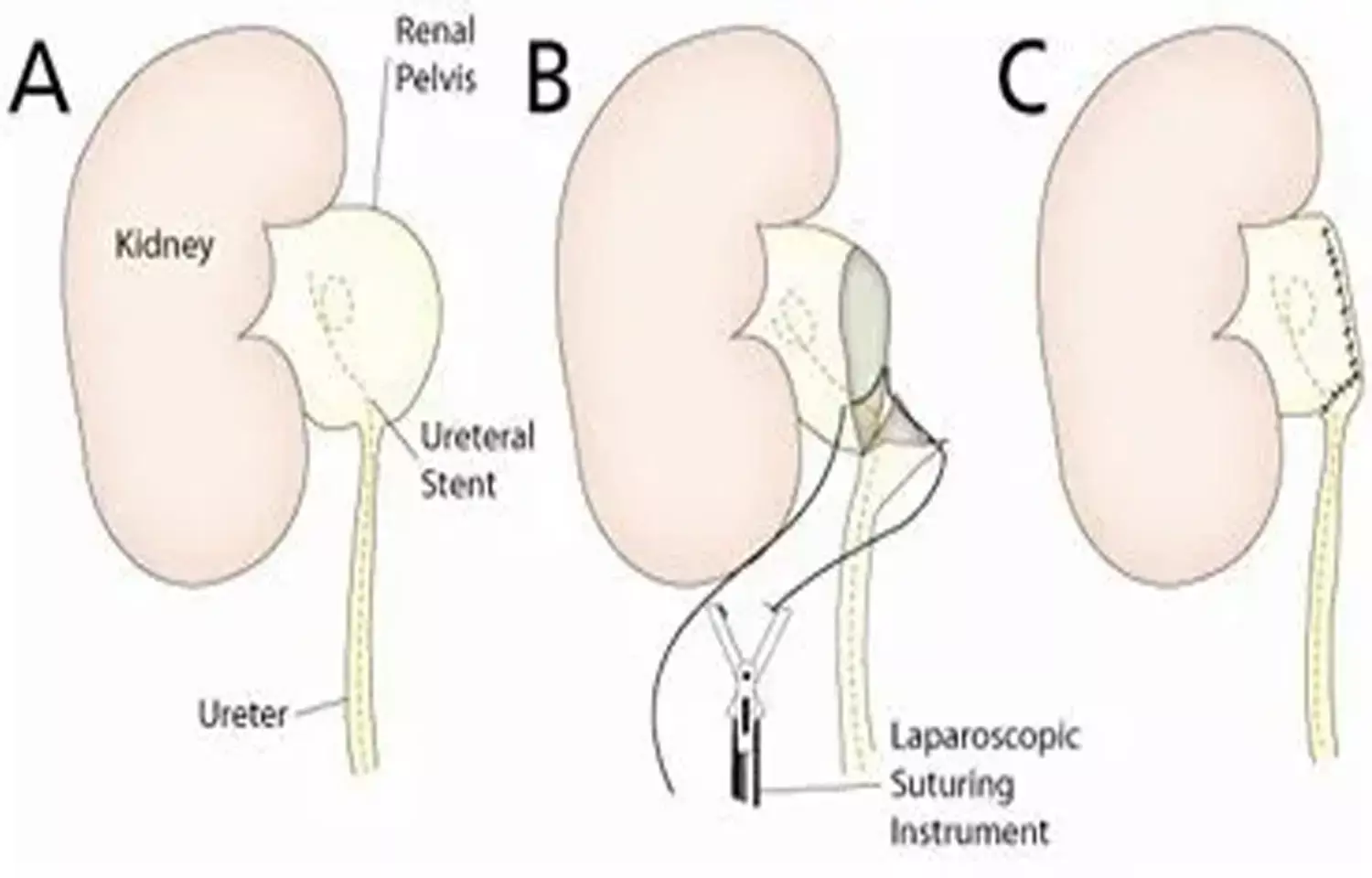- Home
- Medical news & Guidelines
- Anesthesiology
- Cardiology and CTVS
- Critical Care
- Dentistry
- Dermatology
- Diabetes and Endocrinology
- ENT
- Gastroenterology
- Medicine
- Nephrology
- Neurology
- Obstretics-Gynaecology
- Oncology
- Ophthalmology
- Orthopaedics
- Pediatrics-Neonatology
- Psychiatry
- Pulmonology
- Radiology
- Surgery
- Urology
- Laboratory Medicine
- Diet
- Nursing
- Paramedical
- Physiotherapy
- Health news
- Fact Check
- Bone Health Fact Check
- Brain Health Fact Check
- Cancer Related Fact Check
- Child Care Fact Check
- Dental and oral health fact check
- Diabetes and metabolic health fact check
- Diet and Nutrition Fact Check
- Eye and ENT Care Fact Check
- Fitness fact check
- Gut health fact check
- Heart health fact check
- Kidney health fact check
- Medical education fact check
- Men's health fact check
- Respiratory fact check
- Skin and hair care fact check
- Vaccine and Immunization fact check
- Women's health fact check
- AYUSH
- State News
- Andaman and Nicobar Islands
- Andhra Pradesh
- Arunachal Pradesh
- Assam
- Bihar
- Chandigarh
- Chattisgarh
- Dadra and Nagar Haveli
- Daman and Diu
- Delhi
- Goa
- Gujarat
- Haryana
- Himachal Pradesh
- Jammu & Kashmir
- Jharkhand
- Karnataka
- Kerala
- Ladakh
- Lakshadweep
- Madhya Pradesh
- Maharashtra
- Manipur
- Meghalaya
- Mizoram
- Nagaland
- Odisha
- Puducherry
- Punjab
- Rajasthan
- Sikkim
- Tamil Nadu
- Telangana
- Tripura
- Uttar Pradesh
- Uttrakhand
- West Bengal
- Medical Education
- Industry
Laparoscopic robotic pyeloplasty safe and has similar success rates as open surgery in infants

A recent study analyzed the outcomes of minimally invasive pyeloplasty (MIP) in treating ureteropelvic junction obstruction (UPJO), the leading cause of congenital hydronephrosis in infants. UPJO, a condition where there is a blockage where the ureter meets the kidney, has conventionally been treated with open surgery, but the study published in the Journal of Pediatric Urology suggests that MIP could be a safer alternative.
This systematic review of 13 selected studies comprising 3,494 patients, aimed to determine whether the benefits observed in MIP for adults and children over 2 years of age extended to infants aged 1 to 23 months.
The key findings of the study were:
Infants who underwent MIP experienced, on average, 1.16 fewer hospital days compared to those who had open surgery.
The analysis revealed that the MIP group had a slightly longer operative time (137.63 minutes) compared to the open surgery group (119.92 minutes). However, this was outweighed by the significant reduction in hospital stay, making MIP an attractive option for parents and caregivers.
The study finds that laparoscopic/robotic pyeloplasty is a safe technique for infants, with success rates comparable to open surgery. However, the researchers emphasize the need for further research, particularly randomized clinical trials with extended follow-up periods, to solidify these findings with robust scientific evidence.
This breakthrough in infant surgery could revolutionize the way UPJO is treated in the youngest patients. The potential for a minimally invasive approach not just reduce hospital stay but also suggest a shift towards safer and less invasive procedures for delicate infant populations.
Further validation through extended studies are required, while this research opens the door to a new era of surgical interventions for congenital kidney conditions, offering hope for both parents and healthcare providers dealing with this common and challenging issue in infants.
Reference:
Ortiz-Seller, D., Panach-Navarrete, J., Valls-González, L., & Martínez-Jabaloyas, J. M. (2023). Comparison between open and minimally invasive pyeloplasty in infants: a systematic review and meta-analysis. In Journal of Pediatric Urology. Elsevier BV. https://doi.org/10.1016/j.jpurol.2023.11.017
Neuroscience Masters graduate
Jacinthlyn Sylvia, a Neuroscience Master's graduate from Chennai has worked extensively in deciphering the neurobiology of cognition and motor control in aging. She also has spread-out exposure to Neurosurgery from her Bachelor’s. She is currently involved in active Neuro-Oncology research. She is an upcoming neuroscientist with a fiery passion for writing. Her news cover at Medical Dialogues feature recent discoveries and updates from the healthcare and biomedical research fields. She can be reached at editorial@medicaldialogues.in
Dr Kamal Kant Kohli-MBBS, DTCD- a chest specialist with more than 30 years of practice and a flair for writing clinical articles, Dr Kamal Kant Kohli joined Medical Dialogues as a Chief Editor of Medical News. Besides writing articles, as an editor, he proofreads and verifies all the medical content published on Medical Dialogues including those coming from journals, studies,medical conferences,guidelines etc. Email: drkohli@medicaldialogues.in. Contact no. 011-43720751


